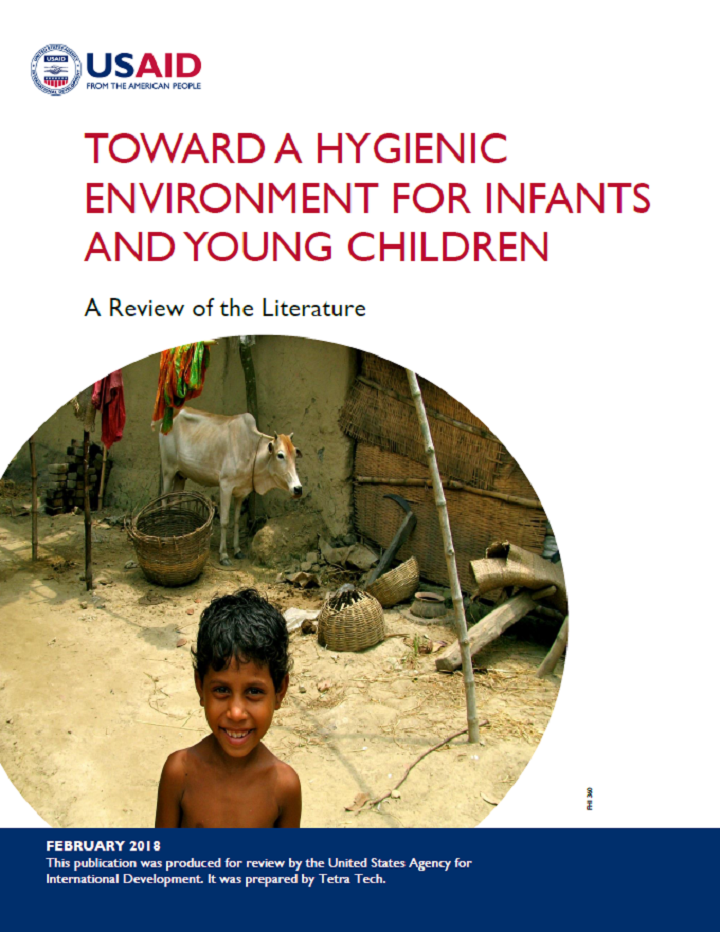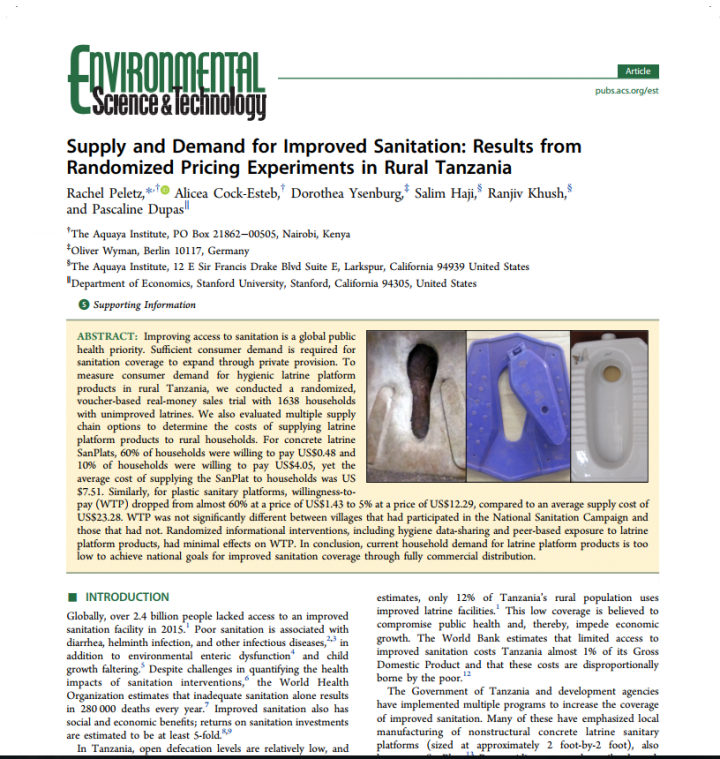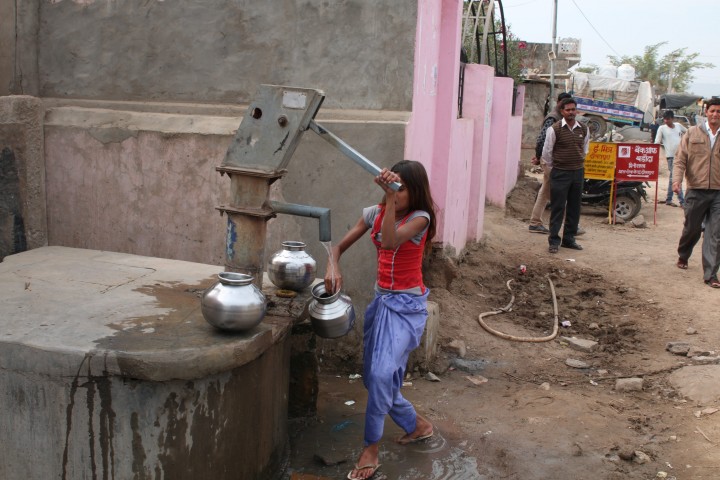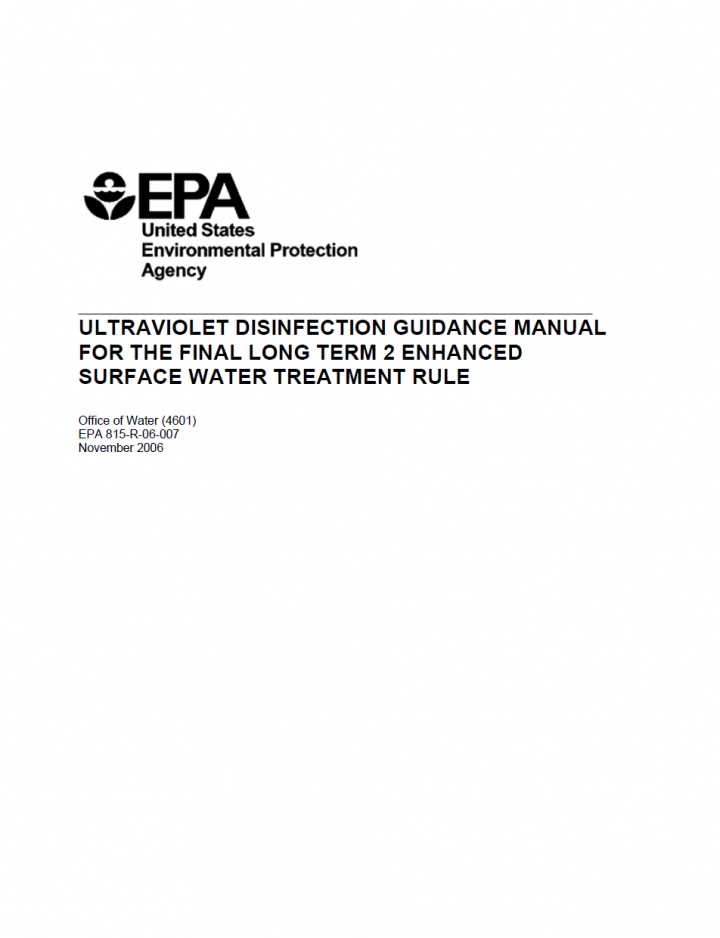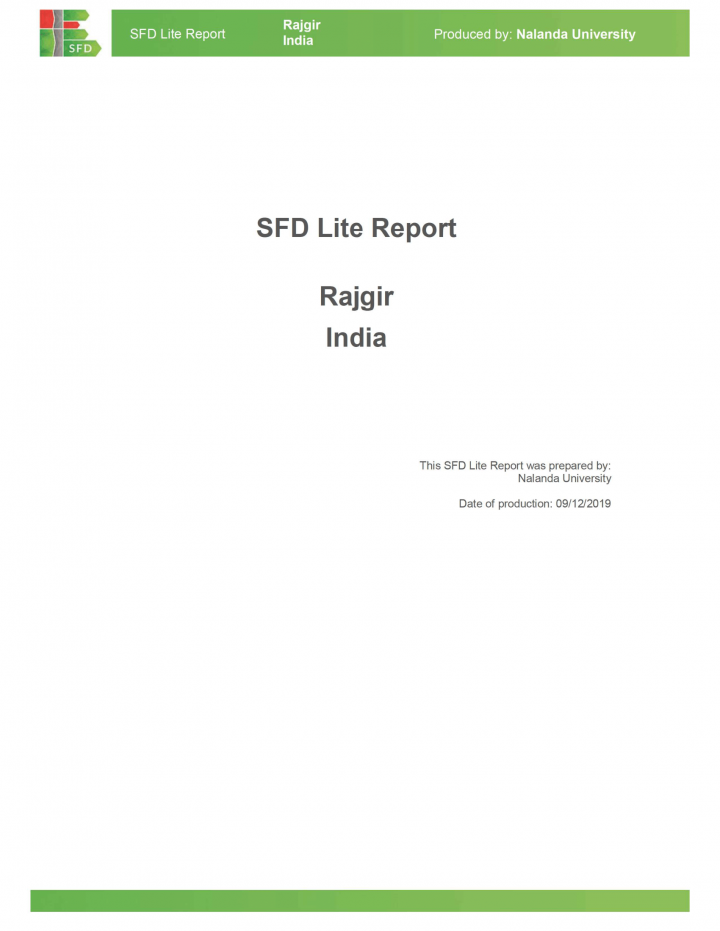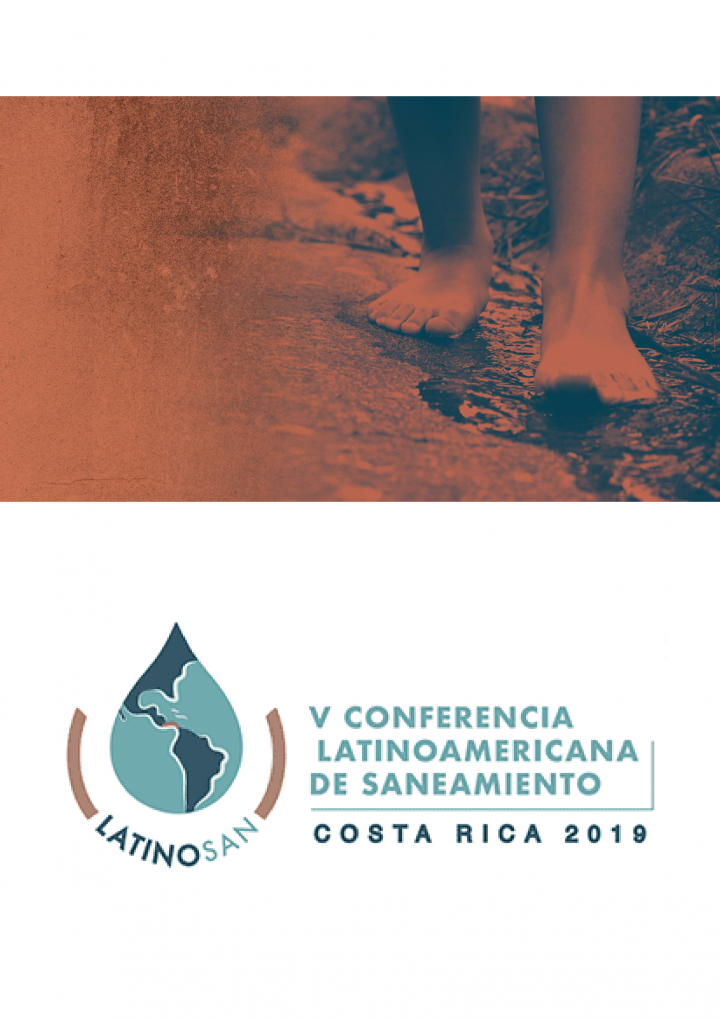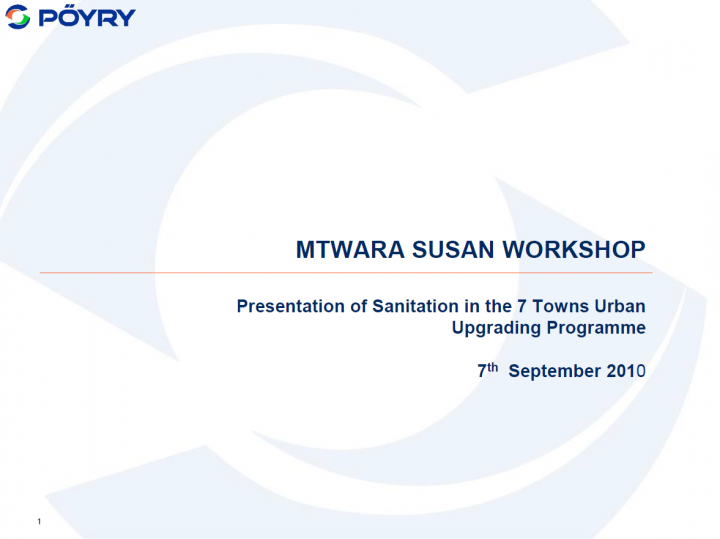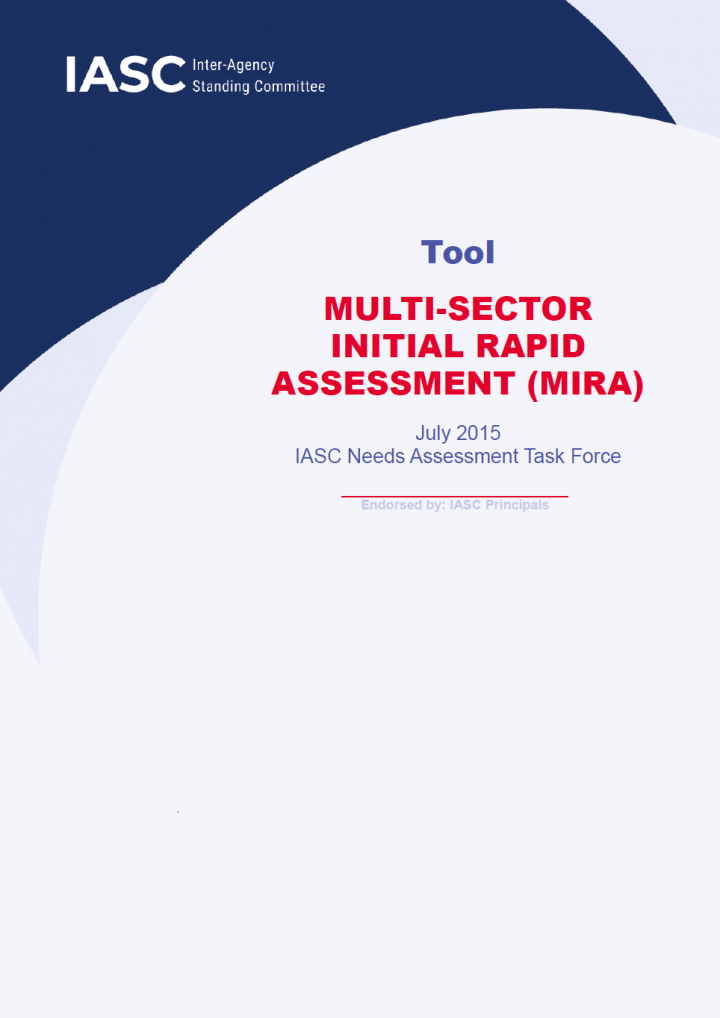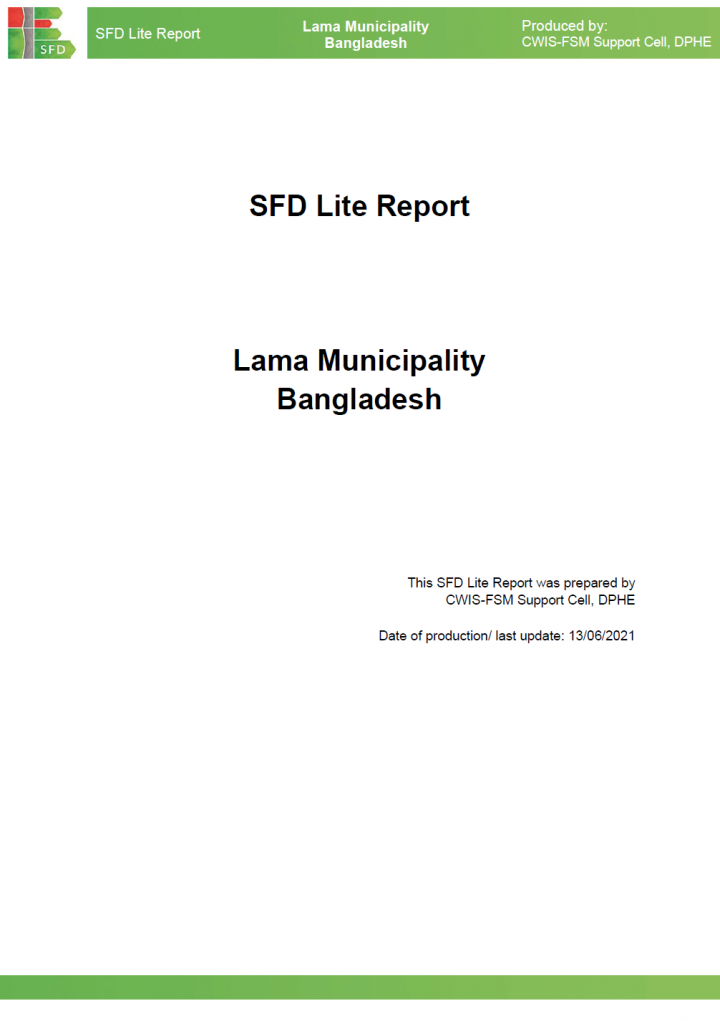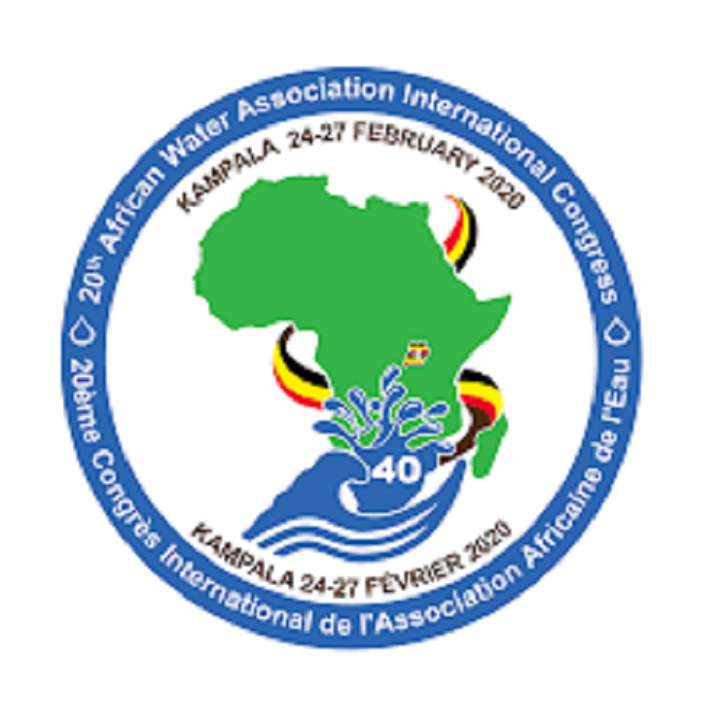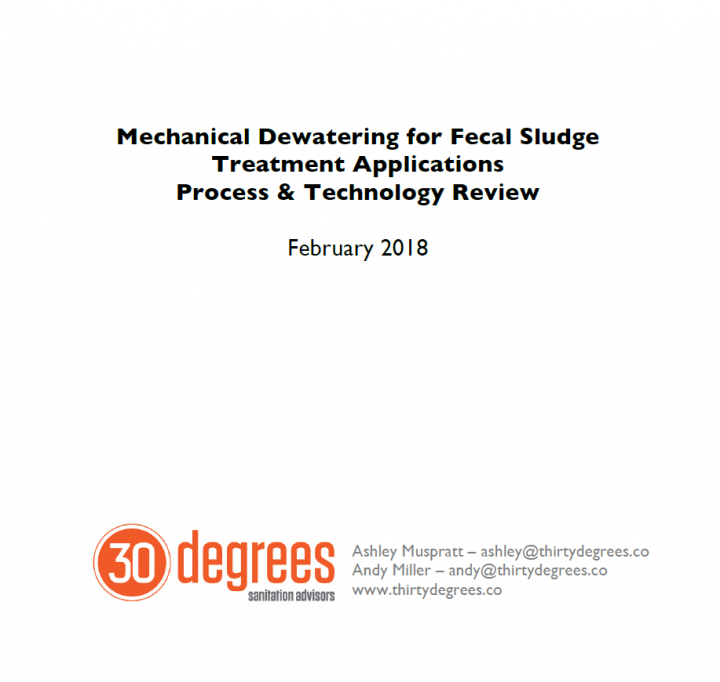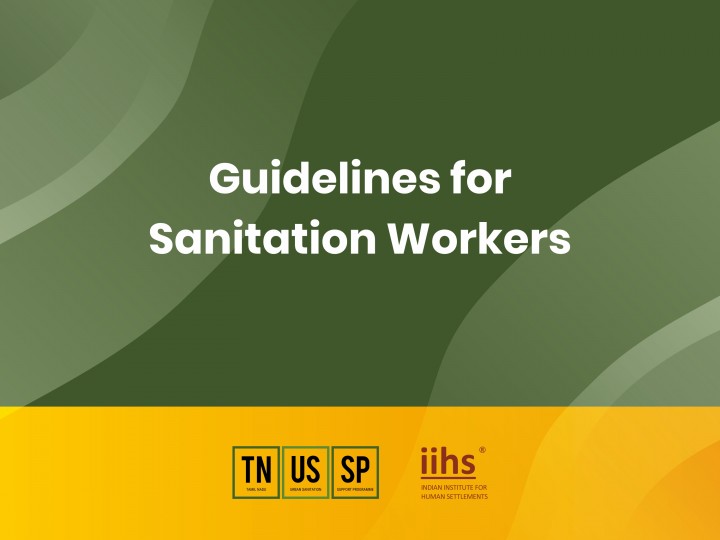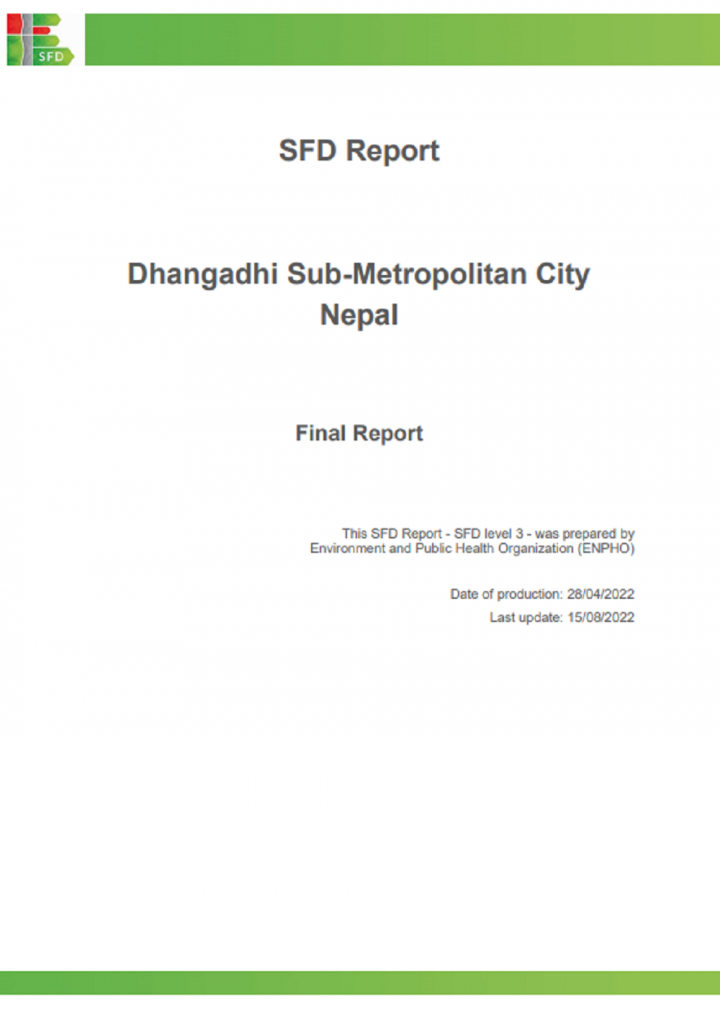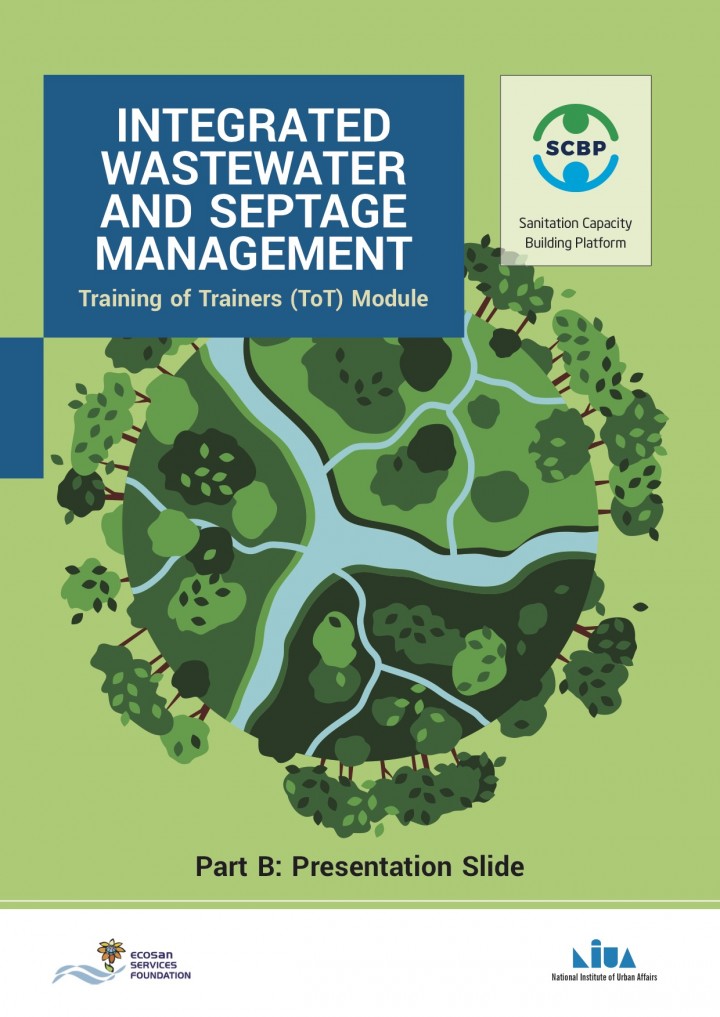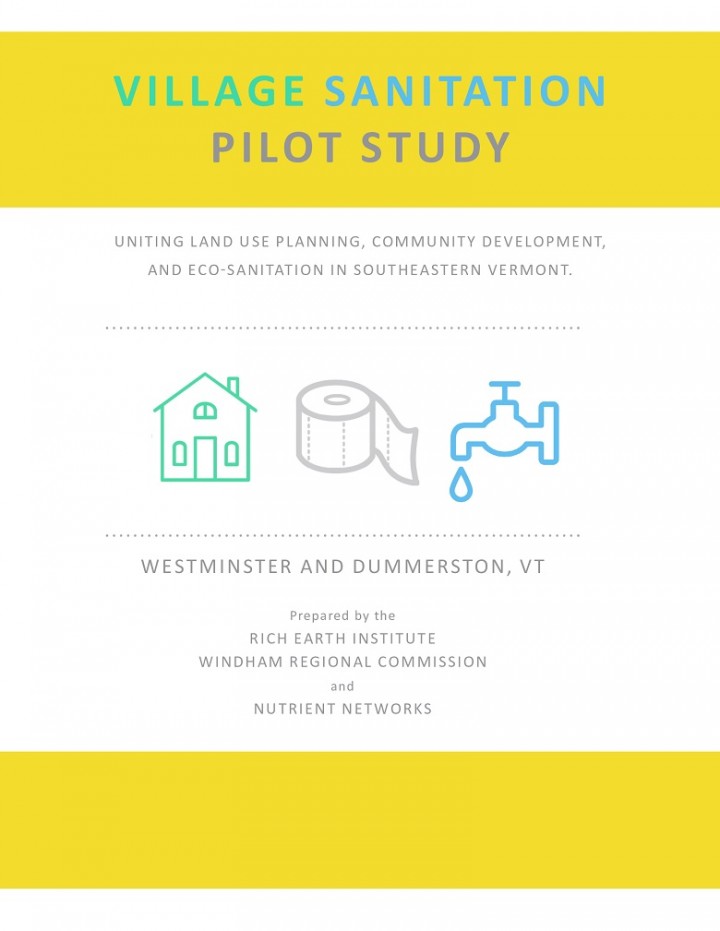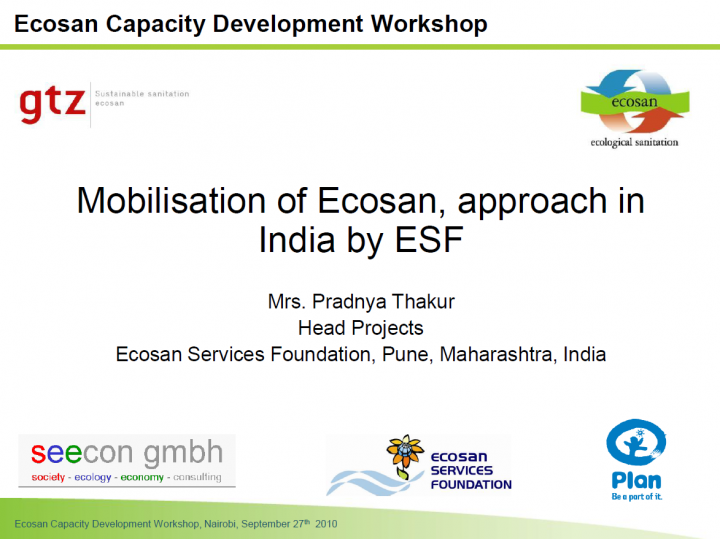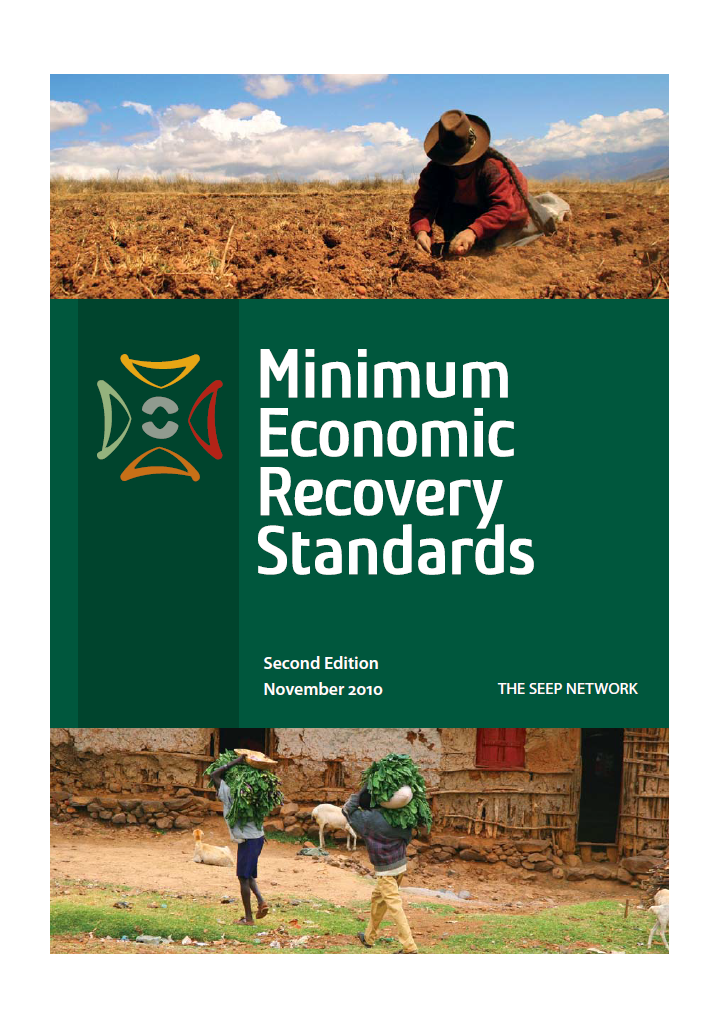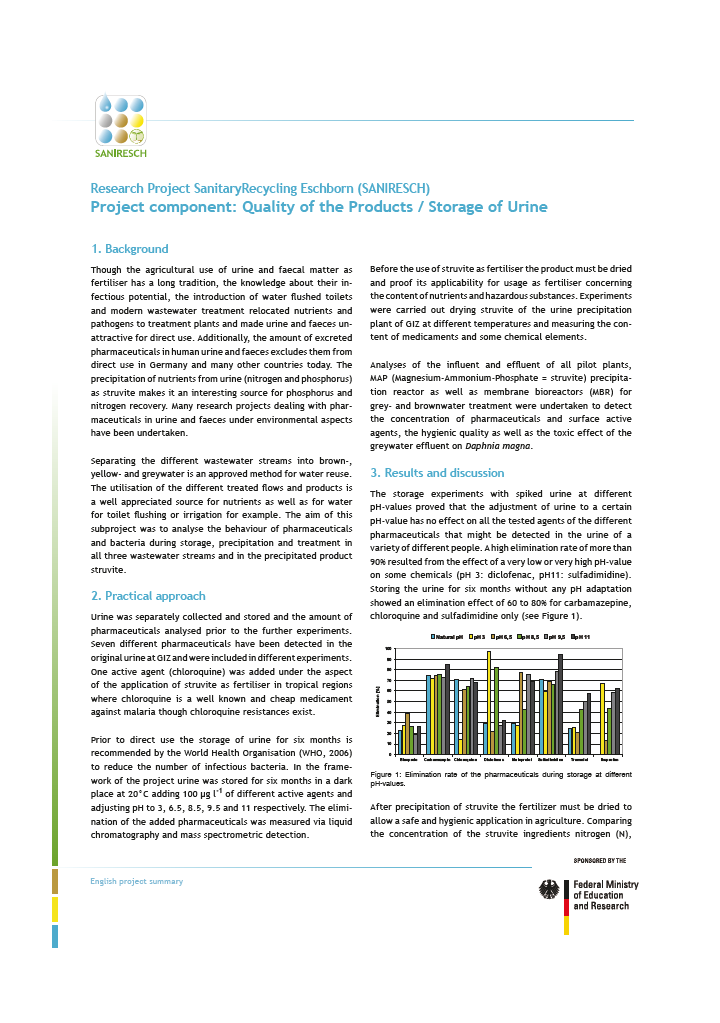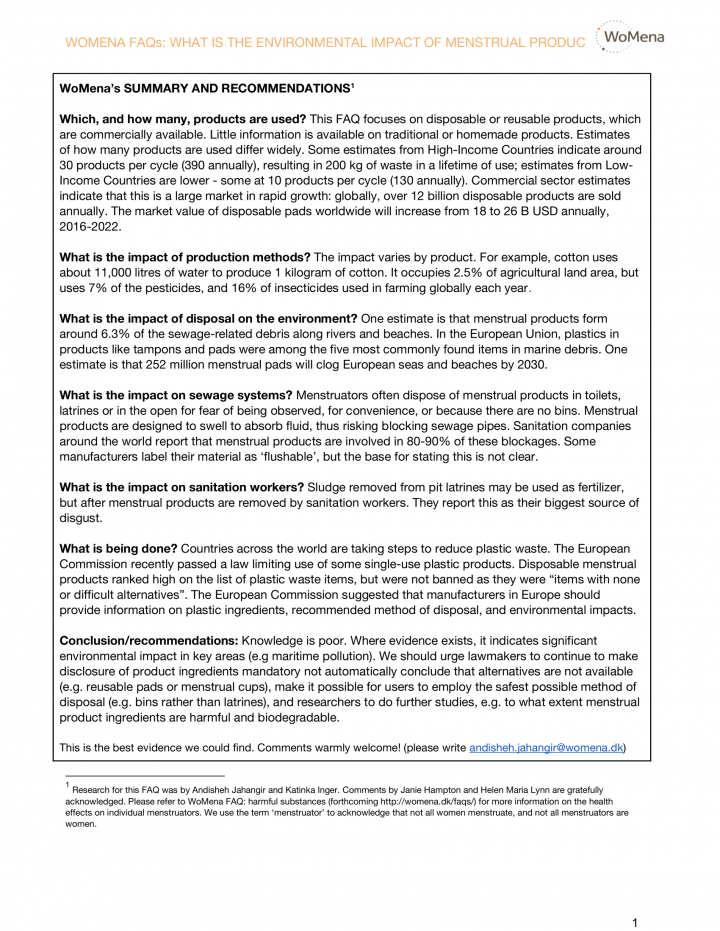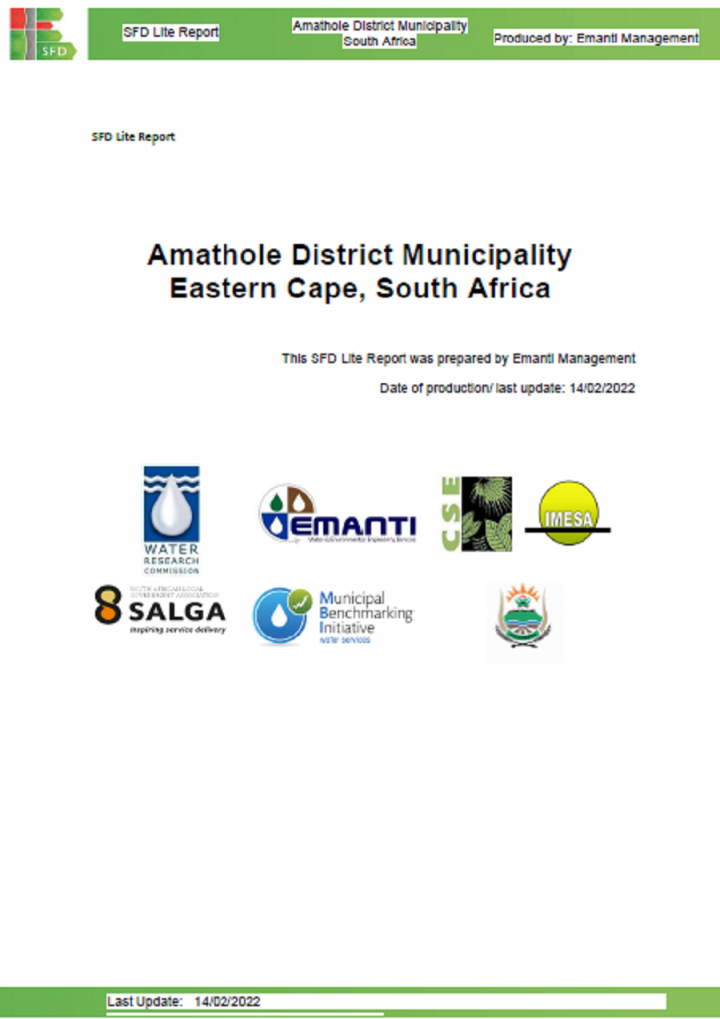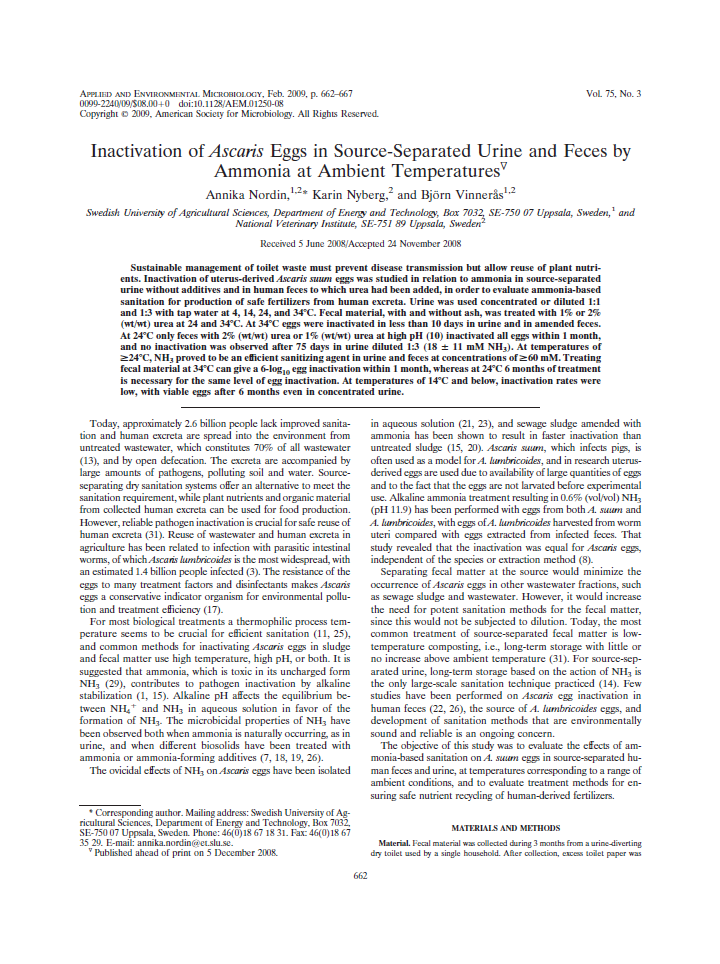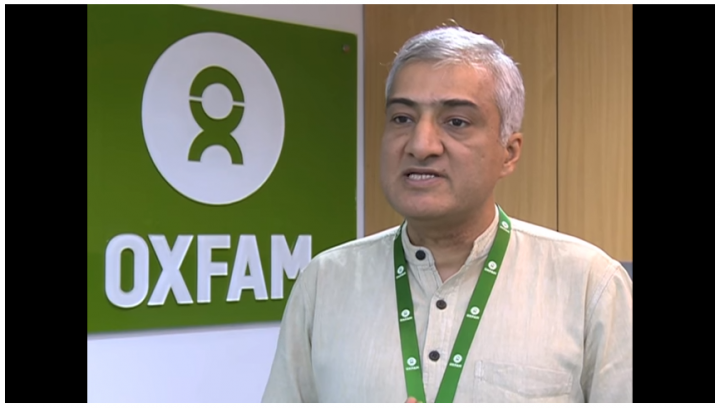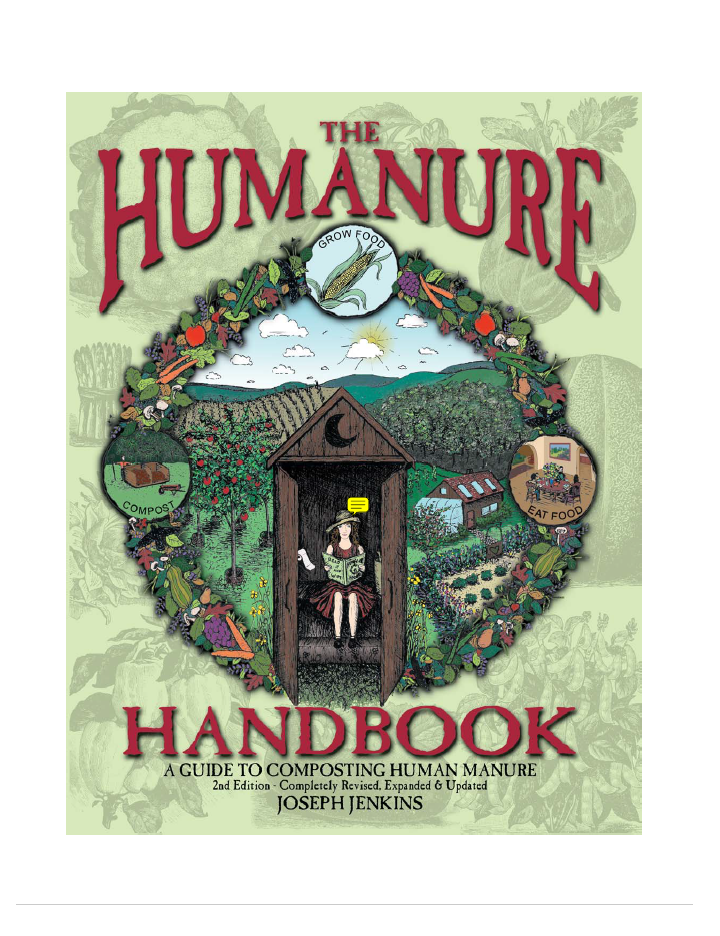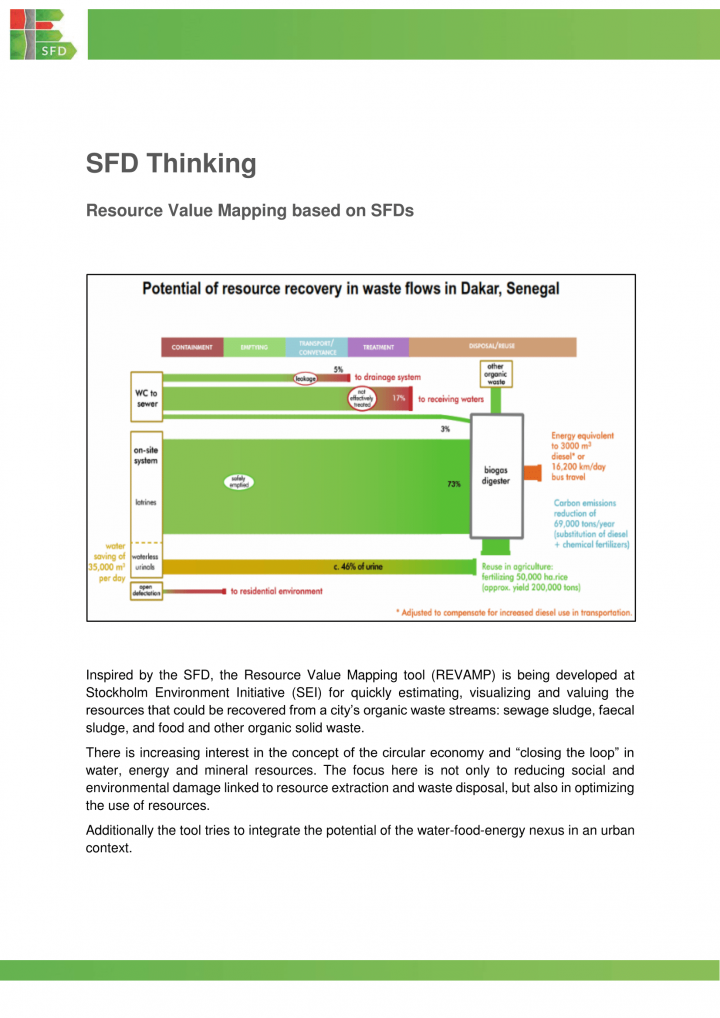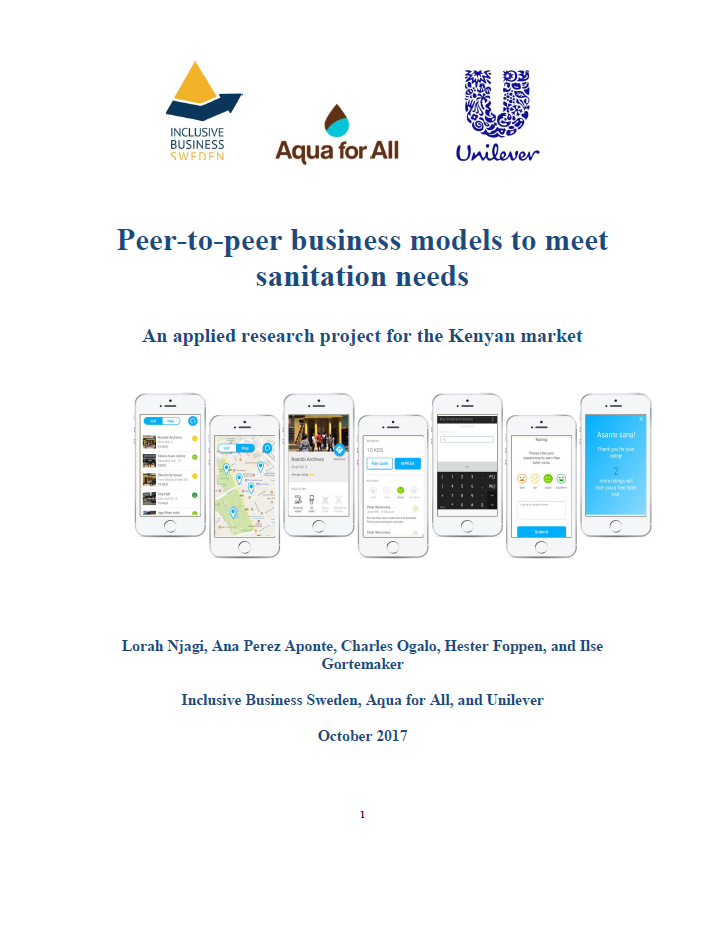Searching for information on Sanitation Workers?
The Sanitation Workers Knowledge + Learning Hub is the best source for all current news, trends, articles and updates on sanitation workers rights around the world.
This review synthesizes the latest understanding of key pathways of fecal microbes, in particular, enteric pathogens and soil-transmitted helminths (STHs), ingestion by Infants and young children (IYC), and the link to diarrhea, environmental enteric dysfunction (EED), and poor nutrition and development outcomes. The review is based on a thorough search of the scientific and gray literature on …
Improving access to sanitation is a global public health priority. Sufficient consumer demand is required for sanitation coverage to expand through private provision. To measure consumer demand for hygienic latrine platform products in rural Tanzania, we conducted a randomized, voucher-based real-money sales trial with 1638 households with unimproved latrines. We also evaluated multiple supply …
In peri-urban areas and small and medium towns, several studies have found women have problems finding safe and convenient toilets and drinking water. The toilets provided in resettlement colonies and tenements are often inadequate, unsafe and in poor condition. One of the main reasons for bad water and sanitation facilities in these resettlement areas is that women are usually not part of the …
Interest in using ultraviolet (UV) light to disinfect drinking water is growing among public water systems (PWSs) due to its ability to inactivate pathogenic microorganisms without forming regulated disinfection byproducts (DBPs). UV light has proven effective against some pathogens, such as Cryptosporidium, that are resistant to commonly used disinfectants like chlorine.
The United States …
Rajgir is an ancient town within the district of Nalanda in the state of Bihar. According to Census (2011), Rajgir has a total population of 41,587 living in 7,030 households. 20% of the excreta is managed safely and 80% is unsafely managed. Approximately, 10% of the population is covered under a centralized underground sewerage network. Despite the presence of a sewer network, 60% of the …
La V Conferencia de Latinoamérica de Saneamiento 2019 tuvo lugar en San José, Costa Rica. LatinoSan es una conferencia del nivel internacional y regional, dónde se reúnen cada 3 años actores políticos, empresas y sociedad civil. El objetivo del evento es la promoción del acceso a servicios de saneamiento sostenible y de calidad, en el área urbana y rural de los países …
The SuSanA workshop aimed at capacity building for the Water Supply and Sanitation Authorities (WSSA) from seven towns in Tanzania which participate in the program called „Seven Towns Upgrading Program“ financed by the EU water facility and KfW (grant financed). This program is contracted out by the Tanzanian Ministry of Finance and managed by the Ministry of Water and Irrigation. It covers …
The Multi-Cluster/Sector Initial Rapid Assessment (MIRA) is a joint needs assessment tool that can be used in sudden onset emergencies, including IASC System-Wide Level 3 Emergency Responses (L3 Responses). The IASC Transformative Agenda recognized the critical role of needs assessment as a basis for overall and cluster strategy development; agreed that needs assessment should be well …
Lama municipality is a hill town of Bandarban, which is 366 km away from Dhaka city. It is surrounded by hills and River Matamuhuri. It is connected with road and water. Lama is a sub-division town (Upazila) in Bangladesh administrative map. Before, it was declared a municipality in 2001. Lama is one of the 330 municipalities in the country.
According to the population census in 2011 by the …
Please browse the AfWA ICE 2020 presentations repository. The repository is made up of the six tracks that the Congress comprised of. Under each track, there are the different days of the Congress i.e 24th, 25th , 26th Feb 2020. Under the folder of the date, you will find the presentations. Thank you for attending the historic and largest Water Congress in Africa.
Track 1: Water …
When properly designed and sized, WSPs deliver high quality effluent at marginal running costs. Their minimal maintenance requirements make them relatively hard to break – the textbook example of “appropriate technology”.
The simplicity and elegance of natural treatments systems will always have a special place in the hearts of many sanitation engineers but their large footprint has made …
Sanitation has been declared one of the essential services during the COVID-19 crisis. Sanitation workers are an integral part of sanitation service delivery and TNUSSP team has been engaging with them with the objective of improving their safety, health and welfare. In response to the current public health crisis, TNUSSP has developed a set of guidelines for different categories of sanitation …
Dhangadhi Sub-Metropolitan City is located on Southern belt of Nepal in the Kailali District of Sudur Paschim Province, Nepal. The city is surrounded by Kailari Rural Municipality in the east, Mohana River in the west, Godawari and Gauriganga Municipality in the north and India in the South. It is divided into 19 wards. As per 2011 population census, Sub-Metropolitan City has a total of 147,741 …
Integrated Wastewater and Septage Management Module
The Module provides a good understanding of the landscape of waste water and urban sanitation challenges and a conceptual understanding of waste water and septage treatment systems. The module looks at a city/town waste water and sanitation lansdcape and explore technology solutions. Part C of the Manual is for Trainers. Part A and Part B …
This study was the first to comprehensively assess the possibility of eco-sanitation options to help address village wastewater challenges in Vermont. In each village, site visits were conducted with participants to gauge the feasibility of a variety of composting and urine-diverting toilet systems. Of the options considered, a urine diverting flush toilet was identified as one of the more …
Two ecosan workshops in Kenya, "ecosan Capacity Development Workshop" in Ugunja and "ecosan Vision workshop" in Nairobi, were organised and financed by the GTZ Program on sustainable sanitation - ecosan and the facilitating consultants Laura Kraft (freelance), Martin Wafler, Johannes Heeb (both seecon gmbh, Switzerland) and Ms. Pradnya Thakur (Ecosan Services Foundation, India). The main aim was …
The programmatic focus of the Minimum Economic Recovery Standards is on strategies and interventions designed to improve income, cash flow, asset management, and growth among crisis-affected households and enterprises. These include four distinct technical program areas: financial services, productive assets, employment, and enterprise development. It emphasizes encouraging the re-start of …
A central aim of the measures for nutrient recovery from wastewater streams is to guarantee the best possible separation between valuable substances and pollutants. It is necessary to ensure a high-quality application of the nutrients. The pollutant concentrations in the recycled products are ideally not higher than the range of the concentrations in mineral fertilisers. This aspect will be …
WoMena’s SUMMARY AND RECOMMENDATIONS
Which, and how many, products are used?
This FAQ focuses on disposable or reusable products, which are commercially available. Little information is available on traditional or homemade products. Estimates of how many products are used differ widely. Some estimates from High-Income Countries indicate around 30 products per cycle (390 annually), …
The Amathole District Municipality (ADM) is in the central part of the Eastern Cape Province, South Africa. The Amathole DM covers 200 km of coastline of the Indian Ocean in the south to the Amathole Mountains in the north. The DM jurisdiction includes large parts of the previously disadvantaged Ciskei and Transkei homelands. The land of the DM is 21,229 square kilometres (km2) (Amathole District …
Sustainable management of toilet waste must prevent disease transmission but allow reuse of plant nutrients. Inactivation of uterus-derived Ascaris suum eggs was studied in relation to ammonia in source-separated urine without additives and in human feces to which urea had been added, in order to evaluate ammonia-based sanitation for production of safe fertilizers from human excreta. Urine was …
“Human waste” is a term that has traditionally been used to refer only to human excrements, namely fecal material and urine, which are by-products of the human digestive system. When discarded, these materials are colloquially known as human waste. When recycled for agricultural purposes, however, they’re known by various names, including night soil (when applied raw to fields in Asia) and …
Inspired by the SFD, the Resource Value Mapping tool (REVAMP) is being developed at Stockholm Environment Initiative (SEI) for quickly estimating, visualizing and valuing the resources that could be recovered from a city’s organic waste streams: sewage sludge, faecal sludge, and food and other organic solid waste.
There is increasing interest in the concept of the circular economy and …
Uber, the world’s largest taxi company, owns no vehicles. Airbnb, the world’s largest accommodation provider, owns no real estate. Peer-to-peer (P2P) business models such as these have achieved scale globally, and relatively quickly. These P2P business models provide an organised way for us to collectively share certain resources. Could similar solutions reduce the barriers to sharing of the …

